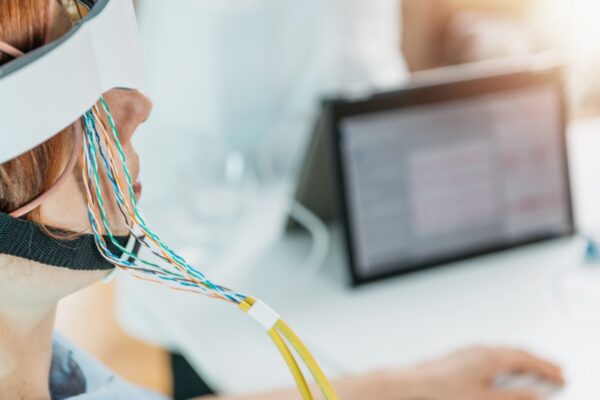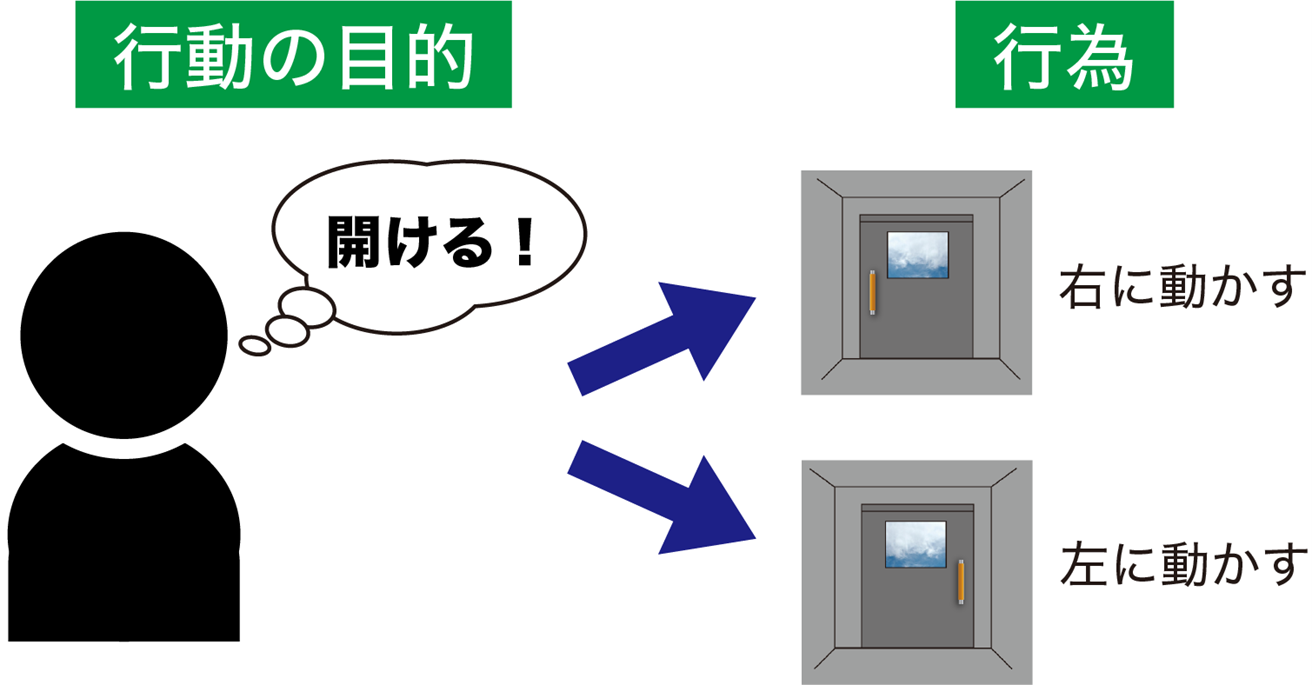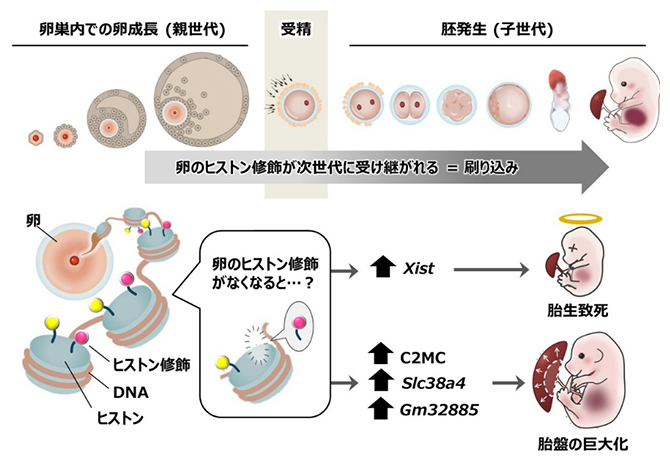2022-04-27 テキサス大学オースチン校(UT Austin)

マコンブス経営大学院の研究によると、「どうしてこれが真実だとわかるのか」と問いかけ、個人の知識に基づいてその質問に答えようとするだけで、脳の批判的思考中枢が活性化し、偏見に挑戦することができるそうです。
<関連情報>
- https://news.utexas.edu/2022/04/27/brain-imaging-shows-what-happens-when-we-question-fake-news/
- https://pubsonline.informs.org/doi/abs/10.1287/isre.2021.1090
本当に真実かどうかわかる?ソーシャルメディアにおけるフェイクニュースの信憑性に影響を与える記事の評価について Do You Really Know if It’s True? How Asking Users to Rate Stories Affects Belief in Fake News on Social Media
Patricia L. Moravec ,Antino Kim ,Alan R. Dennis ,Randall K. Minas
Information Systems Research Published:6 Jan 2022
DOI:https://doi.org/10.1287/isre.2021.1090
Abstract
Research has shown that consuming ratings influences purchase decisions in e-commerce and also has modest effects on belief in news articles on social media. However, we do not know if the act of creating a rating influences belief in online news stories. Unlike e-commerce settings in which ratings typically come from those who have personally used the product or service, social media users who submit their ratings for news articles typically lack firsthand knowledge of the events reported in the news, making it difficult for most users to rate news articles accurately. We propose that one key benefit of user ratings in the context of news on social media lies in triggering users who create the ratings (as opposed to consume the ratings) to realize that they lack this firsthand knowledge, thus inducing them to become more skeptical of articles they see. We asked 68 social media users to assess the believability of 42 social media articles and measured their cognitive activity using electroencephalography. We found that asking users to rate articles using a self-referential question induced them to think more critically—as indicated by increased activation in the medial prefrontal cortex and dorsolateral prefrontal cortex—and made them less likely to believe the articles. The effect extended to subsequent articles; after being asked to rate an article, users were less likely to believe other articles that followed it whether they were asked to rate them or not. Overall, our findings suggest that asking users to evaluate the truthfulness of articles using self-referential rating questions may not only produce rating information that could be used by others later in time, but also has an immediate benefit of inducing users to think more critically about all articles they see.


